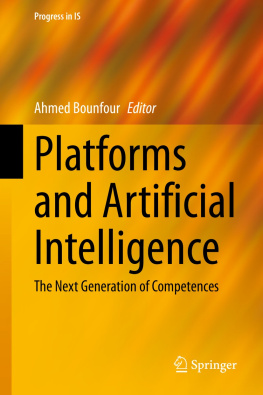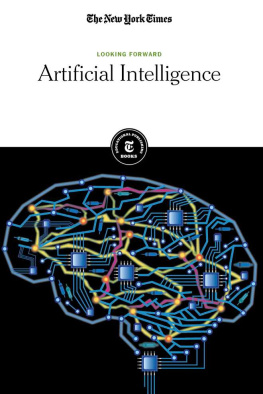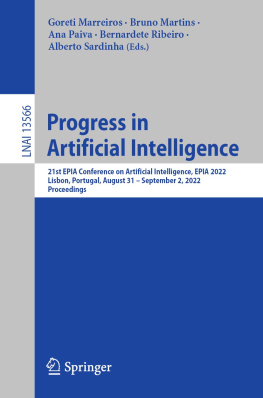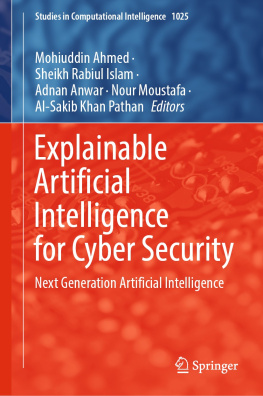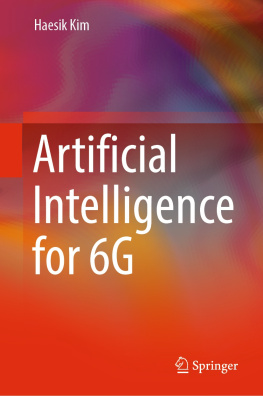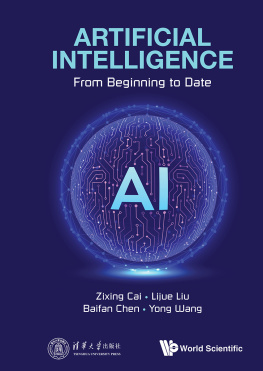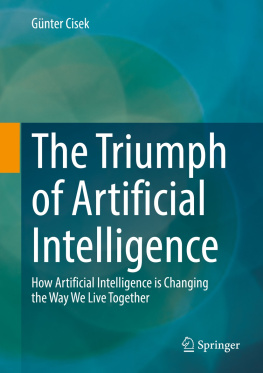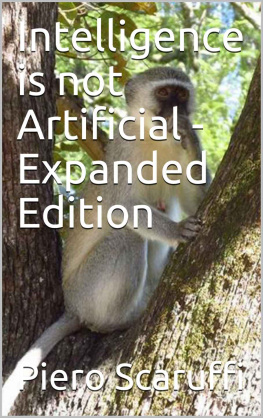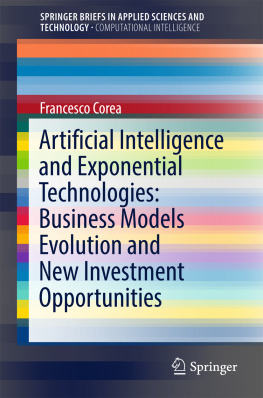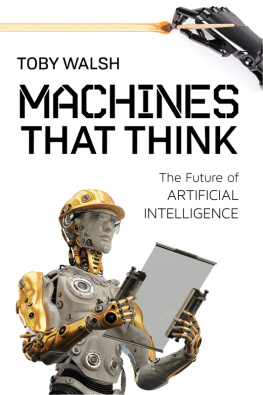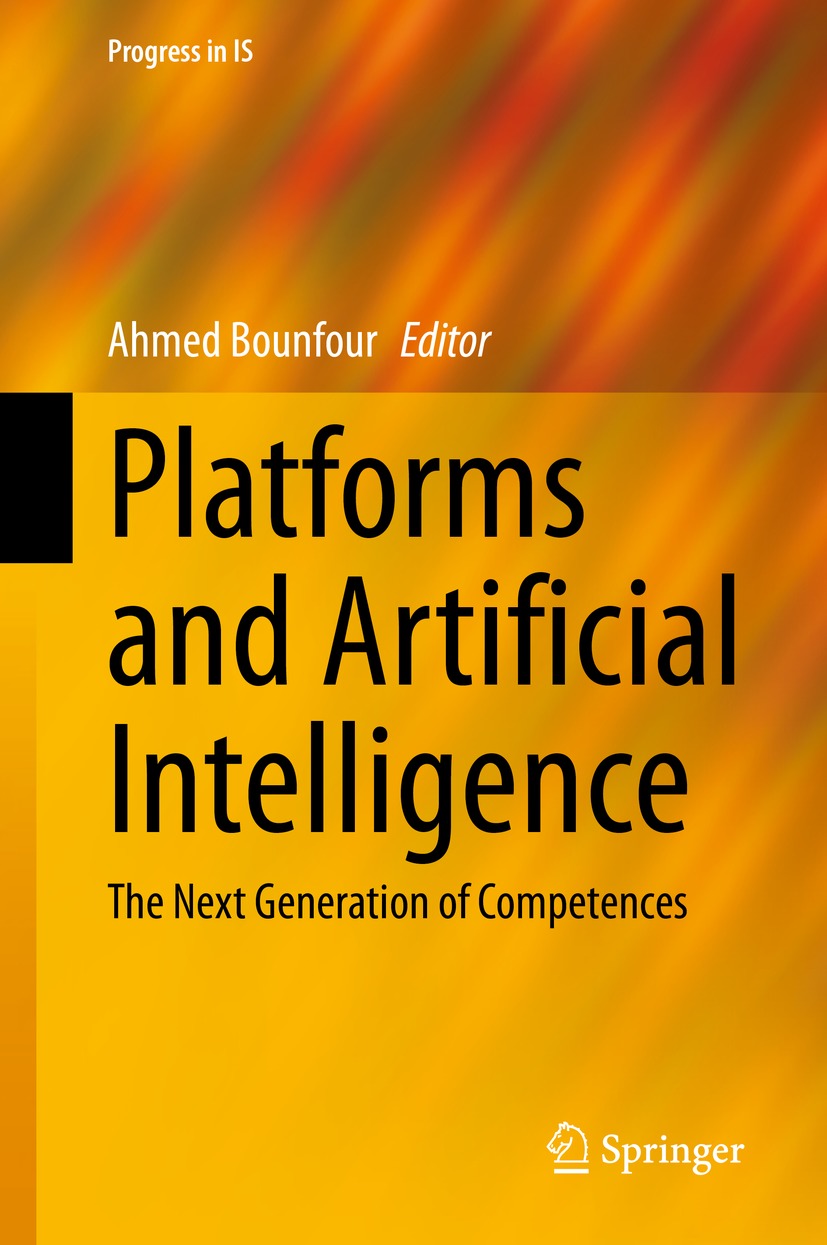Progress in IS
PROGRESS in IS encompasses the various areas of Information Systems in theory and practice, presenting cutting-edge advances in the field. It is aimed especially at researchers, doctoral students, and advanced practitioners. The series features both research monographs that make substantial contributions to our state of knowledge and handbooks and other edited volumes, in which a team of experts is organized by one or more leading authorities to write individual chapters on various aspects of the topic. PROGRESS in IS is edited by a global team of leading IS experts. The editorial board expressly welcomes new members to this group. Individual volumes in this series are supported by a minimum of two members of the editorial board, and a code of conduct mandatory for all members of the board ensures the quality and cutting-edge nature of the titles published under this series.
More information about this series at https://link.springer.com/bookseries/10440
Platforms and Artificial Intelligence
The Next Generation of Competences

Logo of the publisher
Editor
Ahmed Bounfour
European Chair on Intangibles and RITM, Universit Paris-Saclay, Saclay, France
ISSN 2196-8705 e-ISSN 2196-8713
Progress in IS
ISBN 978-3-030-90191-2 e-ISBN 978-3-030-90192-9
https://doi.org/10.1007/978-3-030-90192-9
The Editor(s) (if applicable) and The Author(s), under exclusive license to Springer Nature Switzerland AG 2022
This work is subject to copyright. All rights are solely and exclusively licensed by the Publisher, whether the whole or part of the material is concerned, specifically the rights of translation, reprinting, reuse of illustrations, recitation, broadcasting, reproduction on microfilms or in any other physical way, and transmission or information storage and retrieval, electronic adaptation, computer software, or by similar or dissimilar methodology now known or hereafter developed.
The use of general descriptive names, registered names, trademarks, service marks, etc. in this publication does not imply, even in the absence of a specific statement, that such names are exempt from the relevant protective laws and regulations and therefore free for general use.
The publisher, the authors and the editors are safe to assume that the advice and information in this book are believed to be true and accurate at the date of publication. Neither the publisher nor the authors or the editors give a warranty, expressed or implied, with respect to the material contained herein or for any errors or omissions that may have been made. The publisher remains neutral with regard to jurisdictional claims in published maps and institutional affiliations.
This Springer imprint is published by the registered company Springer Nature Switzerland AG
The registered company address is: Gewerbestrasse 11, 6330 Cham, Switzerland
Foreword
These proceedings from the 15th World Conference on Intellectual Capital for Communities make fascinating reading. Prof. Bounfour and his supporting team have curated a substantive set of papers in Platforms, AI and the next generation of competencies that will be of interest and benefit everyone interested in Artificial Intelligence and its impact on humankind whether at the individual, business or societal level. As the Chair of UNESCOs Information for All Programme (IFAP), I am delighted to share our appreciation for Prof. Bounfours work and to note that as active partners in the organisation of the 15th World Congress, IFAP has contributed to its success.
At the time I am writing this foreword, levels of interest in Artificial Intelligence have grown dramatically. This may partly be due to the ubiquitous use of AI in the solutions that have been deployed over the period of the pandemic. Rapid digitalisation and the increasing role of technology in all our lives have encouraged more discussion around the nature of our technology-mediated future.
In the public psyche, the optimism linked to the role that AI played in developing vaccines for COVID-19 as well as the many other positive opportunities that it offers are juxtaposed with fears. These fears are no longer just about human jobs being lost to smarter machines or fantastical situations where smart machines rule the world. These are real-world concerns about the power of the companies that control our data and ultimately about how humanity makes decisions on AI deployment.
Even as this book, Platform AI and the next generation of competencies does explore in detail the future of AI and related ethical dimensions, it is not focussed on the public debates around platform monopolies and surveillance capitalism. It does not directly address algorithmic bias, misinformation, disinformation and fake news. It does not explore, in-depth, behaviour manipulation techniques that result from the innovative use of data and the latest discoveries in cognitive neuroscience. Instead it allows us to appreciate platforms as vehicles for innovation and new sources of power. It provides us with insights into the structural and regulatory factors around AI before global systems were thrown into disarray by COVID-19. Interestingly, despite these disruptions, many of its predictions in terms of the competencies needed for our AI-mediated future remain on track.
The use of examples from both East and West creates a balanced approach. Too often work in the area of AI tends to be exclusive and restricts itself to groupings based on ideology or shared value systems. This is the case for many research networks and global initiatives around AI. Given the transversal and transformative nature of AI and the impossibility of controlling it using our traditional approach with respect to borders and nation states, an approach based on the principles of multilateralism used by the United Nations allows us to appreciate the issues globally. The negotiations that led to the adoption of the Recommendation on the Ethics of Artificial Intelligence adopted by UNESCOs General Conference at its 41st session are a good example of multilateralism in action.
However, these proceedings remind us that power dynamics are shifting and in many areas relating to AI, major technology platforms or Big Tech have great influence and need to be included in multi-stakeholder engagements. These shifts in relative power affect our ability to assert our rights. For example, the Cambridge Analytica scandal reflects real challenges to our right to decide who will govern us. Other challenges include issues like the balance between our right to freedom of expression and our right to privacy. Life under the pandemic has reminded us of the importance of access to information and access to education. There are many questions left unresolved around the impact of AI and the rights enshrined in the Universal Declaration of Human Rights.
IFAP, UNESCOs Information for All Programme (IFAP) is an inter-governmental council that pursues a clear agenda of promoting inclusive and equitable knowledge societies. Rapid digitalisation has amplified the importance of our work which is supported by an international multi-stakeholder network of experts and researchers drawn from practitioners as well as academia. The contributors to this book are a perfect example of the power of the network in action. The world is waking up to the impact of rapidly changing information ecosystems and the innovation systems behind these changes. IFAP works to engage stakeholders around the key policy choices that can result in humanistic outcomes.

